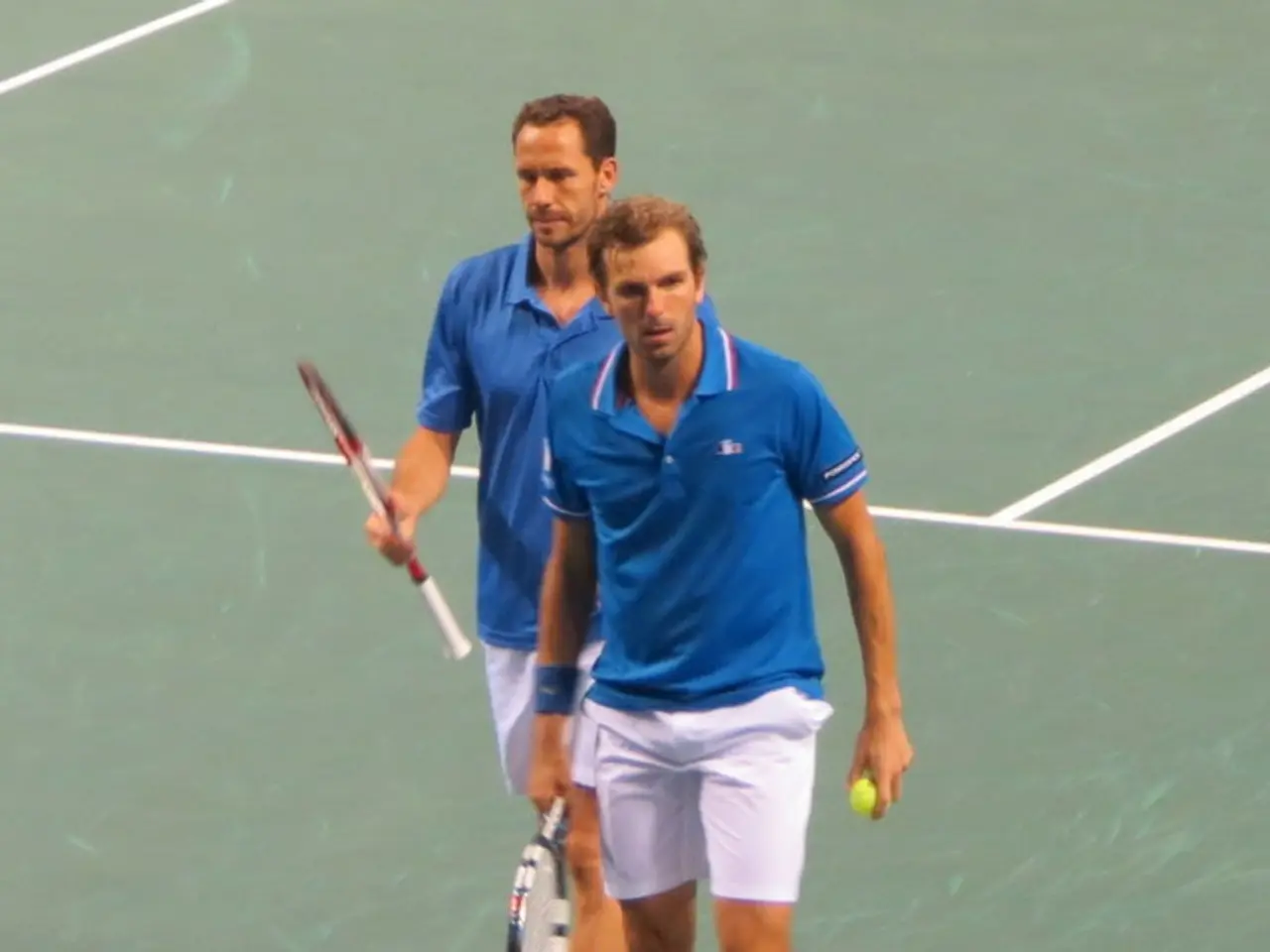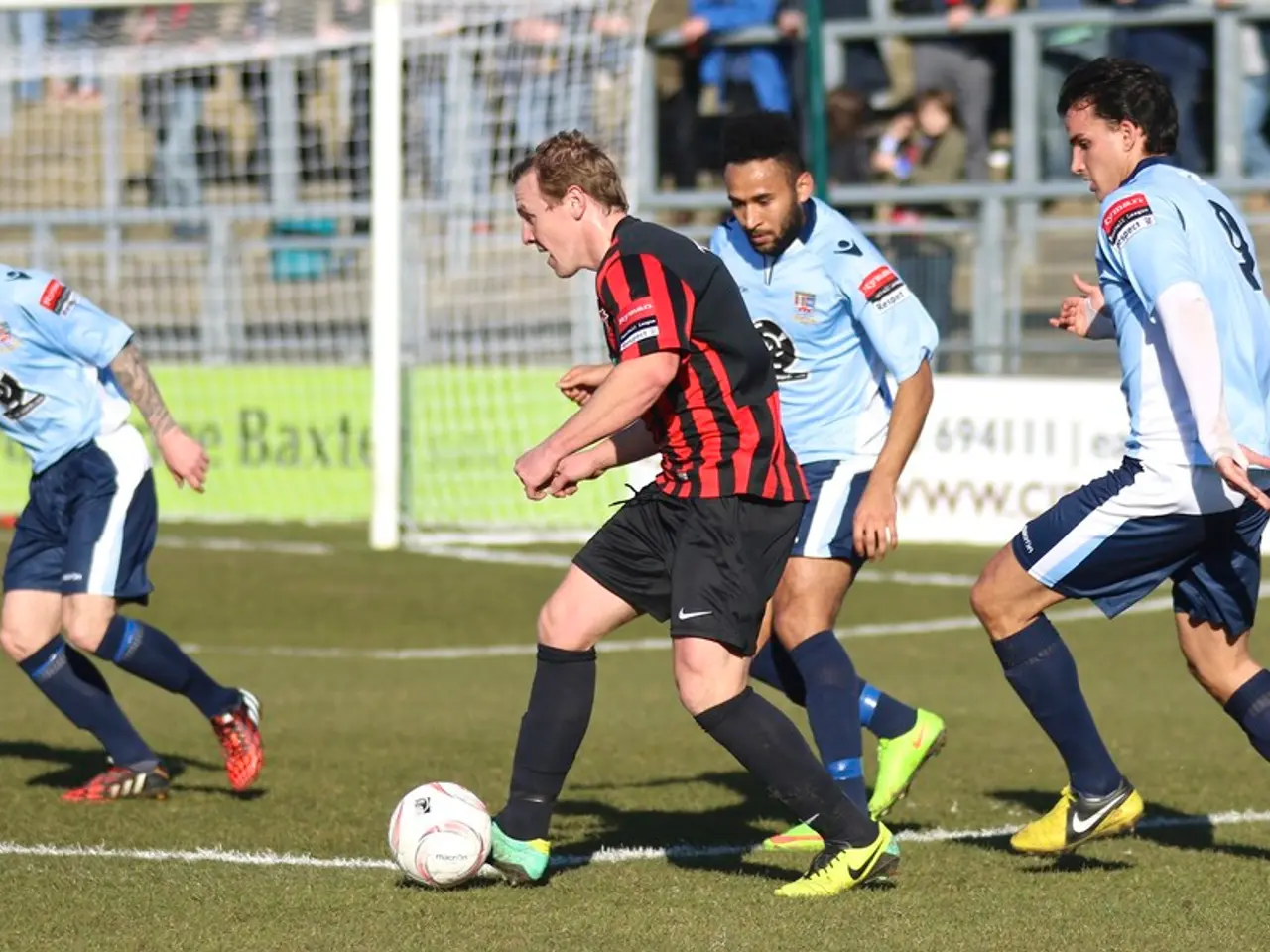"EU's Top Court Decides on Pending Case"
The European Court of Justice (ECJ) has handed down a landmark ruling that will significantly impact the Court of Arbitration for Sport (CAS) and athlete rights within the European Union. The decision establishes that CAS arbitral awards must be subject to "effective judicial review" by national courts of EU member states, ensuring consistency with fundamental EU public policy, particularly regarding competition law and free movement rights of athletes and clubs engaged in economic sports activities within the EU.
The ruling, which comes in response to a dispute between the Belgian football club RFC Seraing and FIFA over the ban on third-party ownership, empowers national courts to conduct an enhanced and comprehensive review of CAS awards, rather than a limited or “light touch” scrutiny. This includes ensuring awards comply with EU competition law principles, protecting athletes’ fundamental rights, providing effective remedies (including damages), and granting interim injunctive relief if necessary.
Previously, CAS decisions were often final and binding, imposed unilaterally by international sports bodies like FIFA. However, the ECJ's decision opens the door for appeals and oversight within the EU legal framework, challenging this dominant position.
For athlete rights, this ruling enhances judicial protection by allowing affected individuals—athletes, clubs, and others—to seek redress or challenge CAS rulings if they conflict with EU law, thereby mitigating the effects of “forced” arbitration commonly used in sports disputes. From a competition law perspective, the ruling empowers national courts to ensure that CAS awards do not undermine EU rules on fair competition and free movement of workers (athletes), reinforcing the supremacy of EU law over private arbitration that may restrict these rights.
However, the ruling’s impact varies outside the EU, such as in England post-Brexit, where domestic arbitration law is less aligned with this enhanced judicial review, CAS awards may continue to be subject to a lower standard of court scrutiny unless they involve EU elements.
The CAS, which has been deciding on disciplinary sanctions, transfer permits, and doping bans since 1984, will now only be the final authority in international sports justice for cases that do not involve fundamental EU rights violations. Parties involved can now only appeal to ordinary EU courts if necessary.
Despite the potential implications, the CAS General Director Matthieu Reeb has assured that the CAS will continue to settle disputes worldwide promptly and competently. Meanwhile, the International Olympic Committee has stated that it will carefully read the ruling.
The ruling could have significant implications for the CAS, as it has previously been the final authority in international sports justice. The ECJ's decision will likely lead to increased scrutiny of CAS awards and a shift towards a more balanced approach between sports governance and EU law.
[1] European Court of Justice (ECJ), Press Release, Case C-188/20 RFC Seraing SA v Union Royale Belge des Sociétés de Football Associées ASBL (URBSFA) and FIFA, 14 December 2022. [2] Orth, M., “ECJ Ruling: CAS Awards Subject to Judicial Review by National Courts,” World Sports Advocate, 16 December 2022. [3] European Commission, Press Release, “ECJ Ruling Strengthens Judicial Protection for Athletes and Compliance with EU Competition Law in Sports,” 14 December 2022.
- As a result of the European Court of Justice's ruling, the Court of Arbitration for Sport (CAS) may now face increased scrutiny, especially in European-leagues and the Premier League, as national courts will conduct a more comprehensive review of CAS awards to ensure they comply with EU competition law principles, protect athletes’ fundamental rights, and align with EU public policy.
- The decision henceforth empowers European athletes, clubs, and other involved parties to challenge CAS rulings that conflict with EU law, potentially impacting the decisions made in football, including European-leagues and the Premier League, and enhancing the judicial protection for all parties within the EU.






